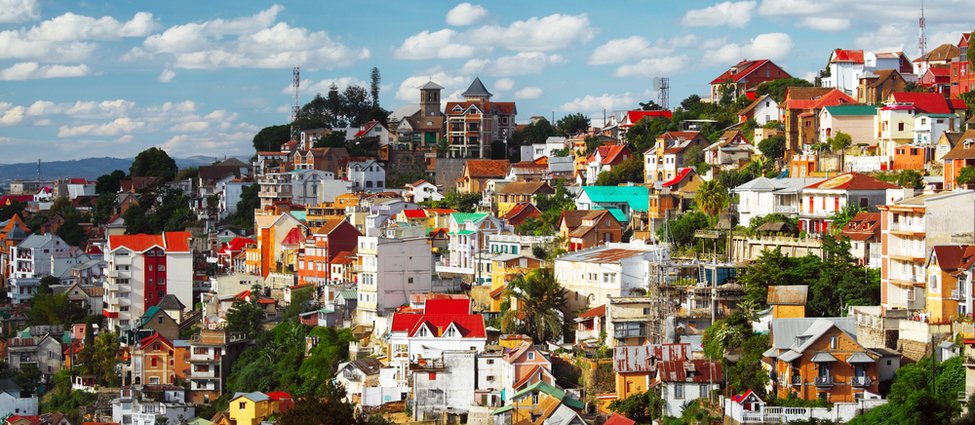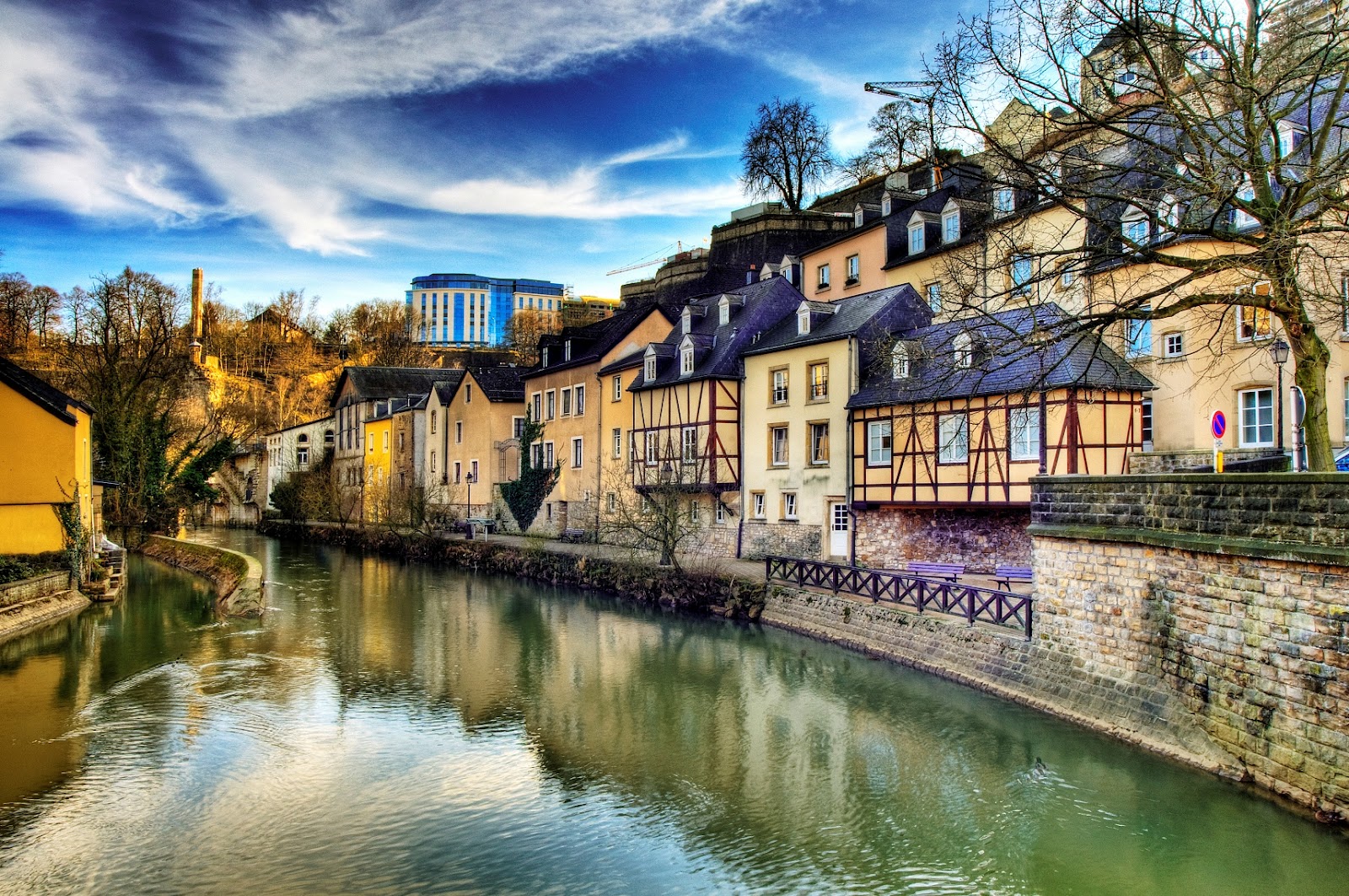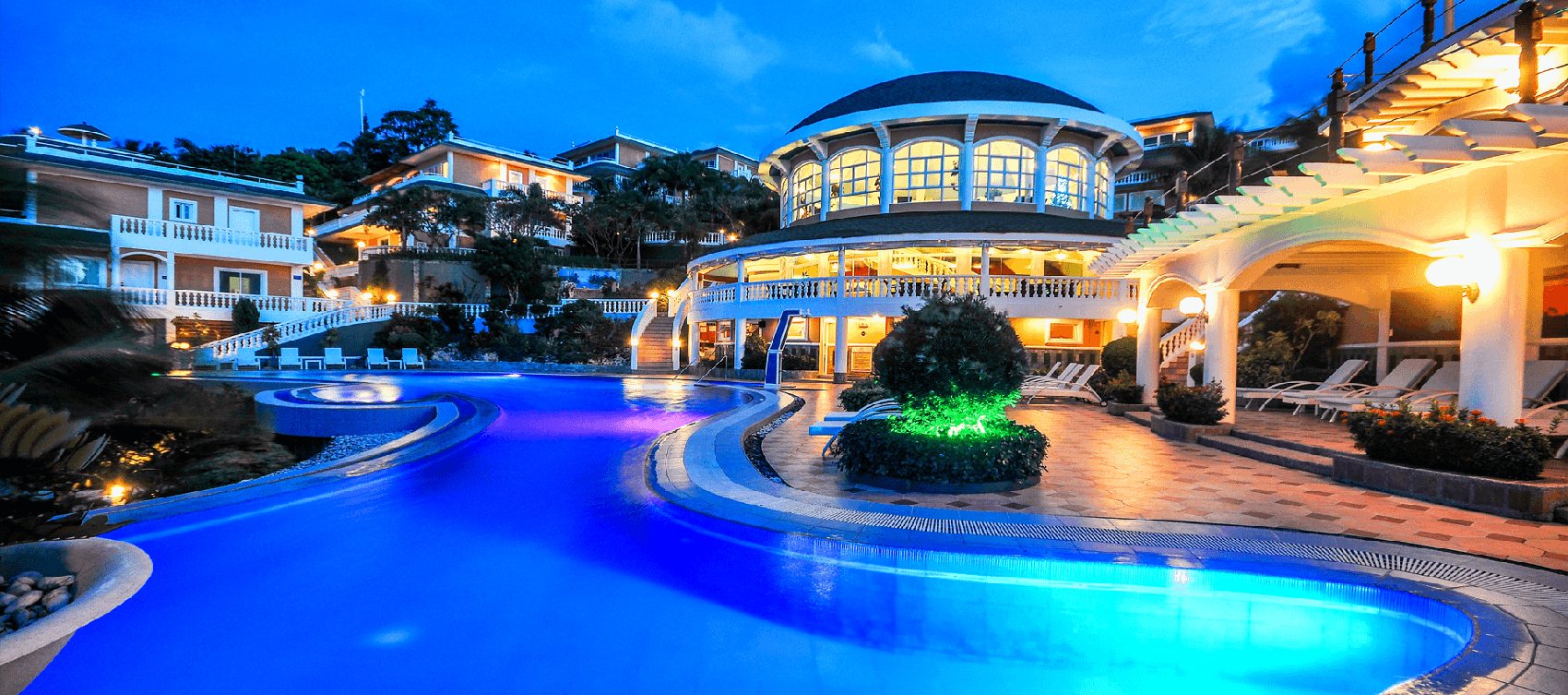Calabar Foods On a Budget: How To Get The Best of The Best

 Credit: Pulse.ng
Credit: Pulse.ngThere is absolutely no shortage of places to eat in the city. In fact, it can be argued that the geography of the place consists of at least two churches and an eatery with every fifty steps taken. This is in no way a problem, seeing as Calabar cuisine is high revered in the country (don’t believe me? Just ask). It is beautifully diverse, legendary, and steeped in tradition to an extent that most other Nigerian cities can only dream of, and this sense of heritage is ever-present.
Countless eateries invoke that very same idea, promoting themselves on the idea of authenticity and inheritance, on the tried and true consistency that can only come from decades of experience. In some cases this yields true mastery, with stunning examples of indigenous cuisine at its finest. These include the Efik Fisherman soup, steamed cocoyam Ayan ekpang unripe plantain with Atama soup, the world-renowned Afang soup, Edikan-Ikong soup, Afia efere (white soup), Ekpang Nkukwo and even Ukwogho Etidot (Efik bitter leaf soup), for those whose taste palates are bitterness inclined.
I had the good fortune of enjoying a few of these choice delicacies over the weekend, at one of the city’s restaurants named Emerald Cafeteria. Like many other businesses in the city, it’s not generally a beehive of activity, up until around the festive periods of November to December.
Both times I visited, the menu looked and tasted wonderful, and the main courses were affordable, at an average price of five hundred naira per plate. It’s a large enough space, well lit and reminiscent of an orchard of sorts, judging by the number of synthetic flora adorning the place. It’s got seating for sixteen groups of four, totaling sixty four individual seats, and is arranged in the style of most Parisian café bistros (tete a tete).
I helped myself to a freshly prepared meal of pounded am and Afia efere. The meal was spicy and laced luxuriously with a choice assortment of meat, stock fish and fresh fish. Impressively, it tasted like a proper restaurant dish. It wasn’t cheap however, retailing at around N1200 for what was essentially a meal for two but, with its excellent packaging and serious flavor, it will no doubt find its niche as a treat for a special occasion or a rather unique sort of gift.
As I munched on the food, enjoying the naija music blasting from the mini speakers attached to the wall, I couldn’t help but notice that there wasn’t much done to augment the experiential pat of their service. It follows the standard of most Nigerian eatery setups, two diesel gens for light, show glasses displaying the usual for most Nigerians ( meat pie, stick kebabs and jollof ice), and an ice cream or popcorn machine. Also included were employees with baseball hats, no fancy wall art or well-dressed maître D to attend to you while you decide on what dinner your wallet can afford.
However, it remains a good attempt at fine dining, and sums up the quiet ambition of many of those involved in doing business in a count like Nigeria, a desire to embrace the state’s incredible heritage via cuisine, Emerald Cafeteria indeed pays near perfect homage to a powerhouse of culinary culture whose relevance has never been greater.


